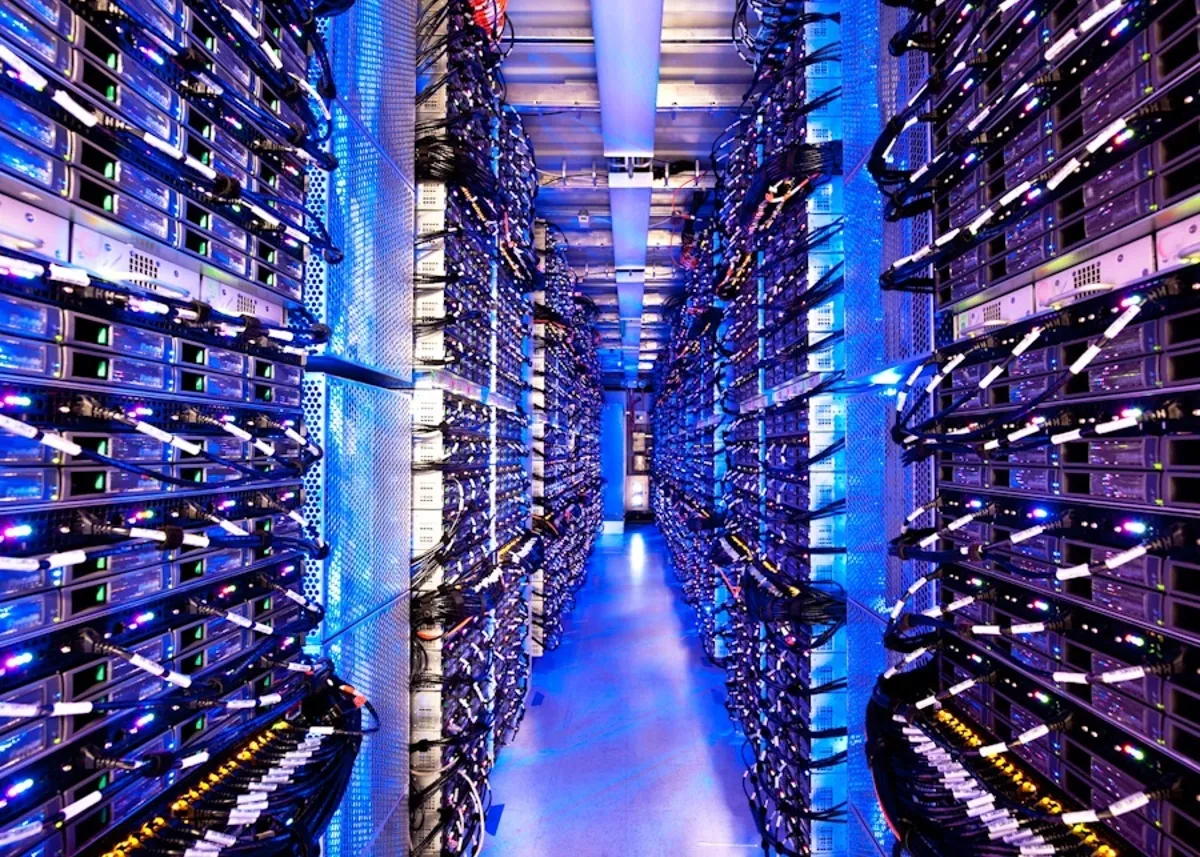[ad_1]
Google signs deal to buy nuclear power from small-scale reactors to meet soaring energy demands for AI data centres
Google on Monday signed what it called the world’s first corporate agreement to buy power from multiple small modular nuclear reactors (SMRs), as tech firms’ energy demand spirals due to the intense power usage of generative artificial intelligence (AI) deployments in data centres.
The company said it would buy power from Kairos Power in a move that it said would send a demand signal to the market, while making a long-term investment in the industry to accelerate its commecialisation.
“The grid needs these kinds of clean, reliable sources of energy that can support the build out of these technologies,” said Michael Terrell, Google’s senior director for energy and climate, on a call with journalists.
“We feel like nuclear can play an important role in helping to meet our demand, and helping meet our demand cleanly, in a way that’s more around the clock.”

Data centre power
Google said it would buy a total of 500 megawatts of power from six to seven reactors, which it said should go online from 2030 to 2035.
That is a smaller amount than produced by larger reactors, with the recent Unit 4 at Plant Vogtle in Georgia, as an example, producing 1.1 gigawatts.
The company did not disclose the financial terms of the deal.
Advocates of SMRs believe they could be a way to scale up the use of nuclear power in order to avoid emissions-creating power sources, while avoiding the perils of large-scale plants that have run over budget and behind schedule.
Such projects aim to reduce costs by building components in factories, rather than on-site, while supposedly offering location flexibility and faster build times.
Critics say such plants may not be able to achieve the economies of scale of larger plants, while continuing to produce nuclear waste, for which no permanent way of disposal has yet been developed.
Kairos Power, backed by the US Department of Energy, was founded in 2016 and in July began building a demonstration plant in Oak Ridge, Tennessee that uses molten fluoride salt as a coolant instead of water.
Nuclear power
Other tech companies have also recently turned to nuclear power, in part as a way of meeting ambitious emissions-reductions targets.
Microsoft last month signed a deal with Constellation Energy to restart a portion of the Three Mile Island nuclear plant in Pennsylvania, the site of the worst-ever US nuclear accident in 1979, while in March Amazon bought a nuclear-powered data centre from Talen Energy.
A Goldman Sachs report projected US data centre power use would roughly triple from 2023 to 2030, requiring 47 gigawatts of new generation capacity.
The company said in a study last month that AI could actually reduce the demand for oil, and thus weigh on oil prices, over the next decade by improving supply and reducing costs through improved logistics and an increase in profitably recovered resources.
[ad_2]
Source link


